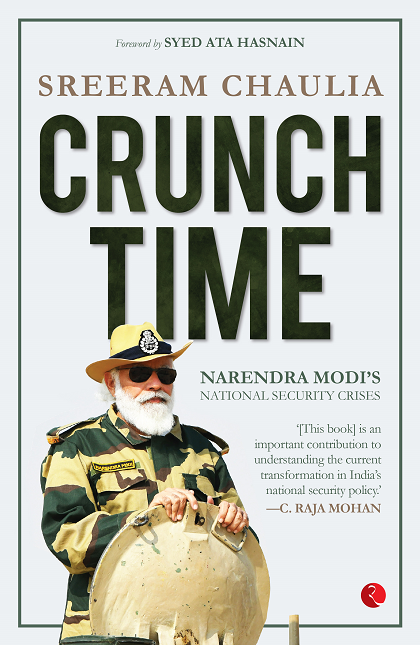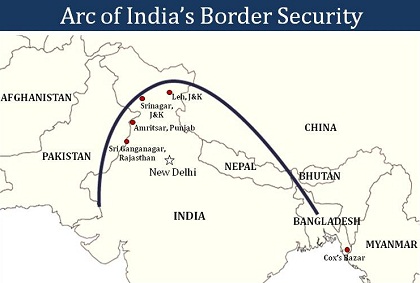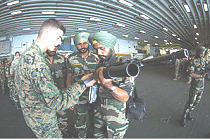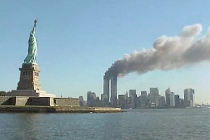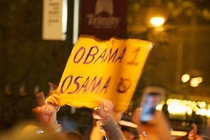Crunch Time: Narendra Modi’s National Security Crises
Narendra Modi has completed eight years as the Prime Minister of India. His tenure has seen a strengthened and transformed Indian foreign policy. In his book, Crunch Time: Narendra Modi’s National Security Crises, author Sreeram Chaulia studies India’s national security crises under Modi, and his handling of it. His main argument that Modi was more decisive than his predecessors in dealing with China and Pakistan, holds.

